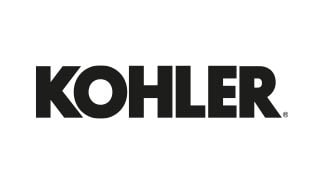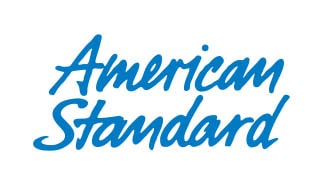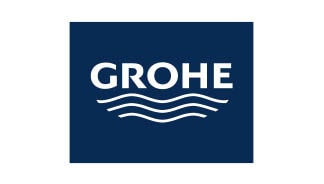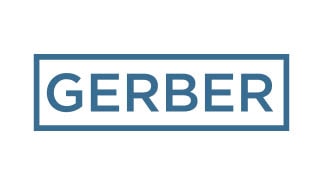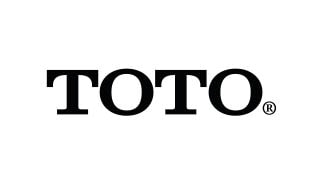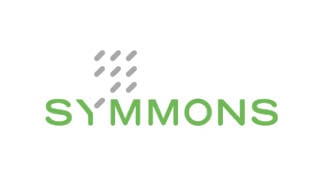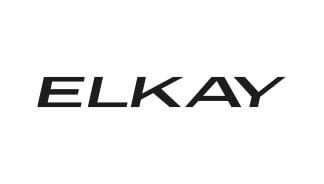Published on
September 28th, 2023The Importance of Addressing Clogged or Slow Drains Before Temperatures Drop
Winter is never easy on a building’s plumbing. During the heating season, the frigid temperatures in New York City increase the risks of frozen and burst pipes. Property owners are well aware of the risks to supply lines, so they usually take great care to insulate and maintain them.
Unfortunately, supply lines are not the only part of the system at risk; your drainage system is also susceptible. Can cold weather clog drains? You bet. Discover how and why cold weather is a risk to your drainage system.
How Can Cold Weather Clog Drains?
Debris Build-Up and Neglected Maintenance of Interior Drainage Systems
It surprises many property owners that a drain line can freeze and burst. It is not precisely cold weather clogging the drains. Clogs typically occur because of improper drain use or poor maintenance. The cold temperatures create the environment for existing drainage problems to worsen.
Grease, coffee grounds, and other substances that don’t belong in drains can become more challenging to remove in the winter. Grease and other substances can harden and freeze within the drainage pipe, creating minor blockages and slowing drainage.
If tenants and staff continue to add items they shouldn’t to the drain, the areas of hardened and frozen debris will grow. Given enough time, these debris collections in the drainage lines can cause complete blockages, requiring professional assessment and elimination.
Depending on the severity of the debris build-up, backups are possible. Also, if the drain is slow, the wastewater may freeze in the line, applying tremendous pressure to the system and causing a potential break or burst.
The same rules apply to drainage lines as supply lines regarding winter damage prevention: Water must move through the pipes freely and often to avoid freezing and excess pressure. Property owners are lucky if their building does not experience a line break.
Neglected Maintenance of Exterior Drainage System
That’s just the inside of a building. Outside, how can cold weather clog drains? Exterior drainage systems include eaves, downspouts, and storm drains. The systems require routine maintenance to ensure all eaves and downspouts are free of leaves, mud, and muck. Keeping the gutter system clean and clear means a property’s storm drains remain clean and clear of most roof debris.
Property staff should also care for the storm drains around the property, keeping any lawn waste away from the drains, including grass clipping, sticks, leaves, and mud. Debris can cause problems in the winter; it can cover essential drains, allowing ice melt and rain to flood areas of the property. Also, the refuse can cause blockages within the waste line. The blockages can become worse when exposed to freezing temperatures.
The snow and wet weather accompanying cold temperatures add moisture to the drain lines, possibly worsening existing blockages. The runoff from melting ice and snow slows against clogs. Depending on the temperatures, the slowed wastewater may freeze in the sewer, adding mass to any current clog. You can avoid drainage problems by scheduling routine maintenance with Sanitary Plumbing.
How Do You Prevent Cold Weather Drainage Problems?
Protecting Sewer Lines
Does your property experience slow drainage and blockages in the winter? Can cold weather clog drains and sewer lines? If the building experiences such problems yearly, it may be a sign that the sewer line sits above the frost line, which it shouldn’t. If it does, it is more susceptible to freezing and winter damage.
A professional from Sanitary plumbing can assess your building’s complete drainage system. The plumber can pinpoint the location and depth of the sewer lines and provide options if the lines are not at an appropriate depth.
Besides ensuring sewer lines are below the frost line, Sanitary Plumbing can clean your existing system to ensure water flows freely. The team can remove tough blockages and clogs and assess the lines for any existing cracks or damage, anything that may weaken the system’s integrity or allow cold weather to clog drains.
Property maintenance staff should ensure all downspouts and gutters are clear before winter arrives. Also, they should ensure landscaping and exterior property maintenance occur on a schedule to limit yard debris near storm drains. If staff neglect routine maintenance, debris can enter the system and damage the lines.
Protecting Interior Drainage Lines
For a landlord, protecting interior drainage lines is challenging. You can implement rules or guidelines that draw attention to appropriate ways to use drains, but you cannot observe every tenant or employee using sinks, toilets, showers, and baths.
All staff and tenants should receive notice about maintaining a healthy drainage system. The information should include a list of non-flushable items and items unsuitable for a garbage disposer. A typical list of non-flushable products may consist of:
- – Baby and disinfecting wipes
- – Cloth
- – Feminine care products
- – Facial tissue
- – Paper towels
Garbage disposals are pulverizing kitchen sink devices, but they cannot handle all waste or make it sewer-safe. A typical list of items to keep out of the disposal should include:
- – Bones
- – Coffee grounds
- – Fat
- – Grease
- – Vegetable and fruit peels
Even with lists provided to staff and tenants, they may ignore the information. Routine maintenance, including annual cleanings, is the only surefire way to protect your drains from clogs and potential winter damage. Sanitary Plumbing can help you develop and stick to a maintenance schedule with its annual service contracts.
How Can Cold Weather Clog Drains?
Pre-Existing Issues and Maintenance Neglect
Neglected drainage systems often contain clogs and blockages, providing opportunities for freezing in cold winter temperatures. The best way to avoid such complications is by maintaining proper maintenance schedules, which include regular cleaning and inspections.
Can cold weather clog drains? Yes. The real question property owners should ask themselves is how they can avoid cold weather clogs. The straightforward answer is to contact Sanitary Plumbing at 212-734-5000 and ask about annual service contracts. By signing an annual service contract, you ensure your plumbing, including drains, receives all essential maintenance. Stop fretting over possible winter worries and work with a trusted NYC service.
